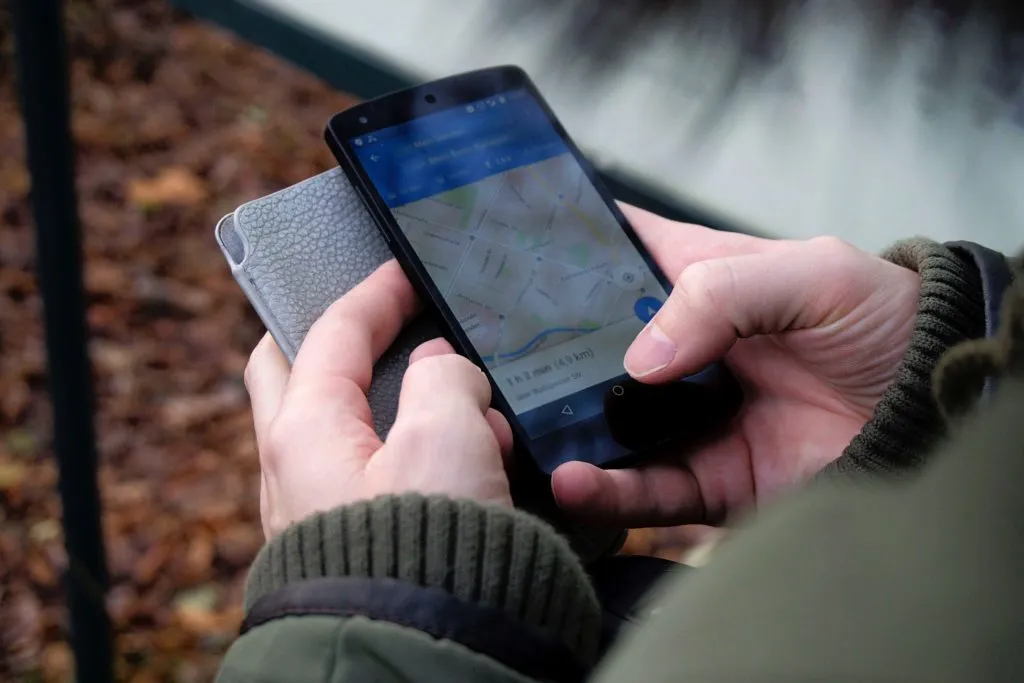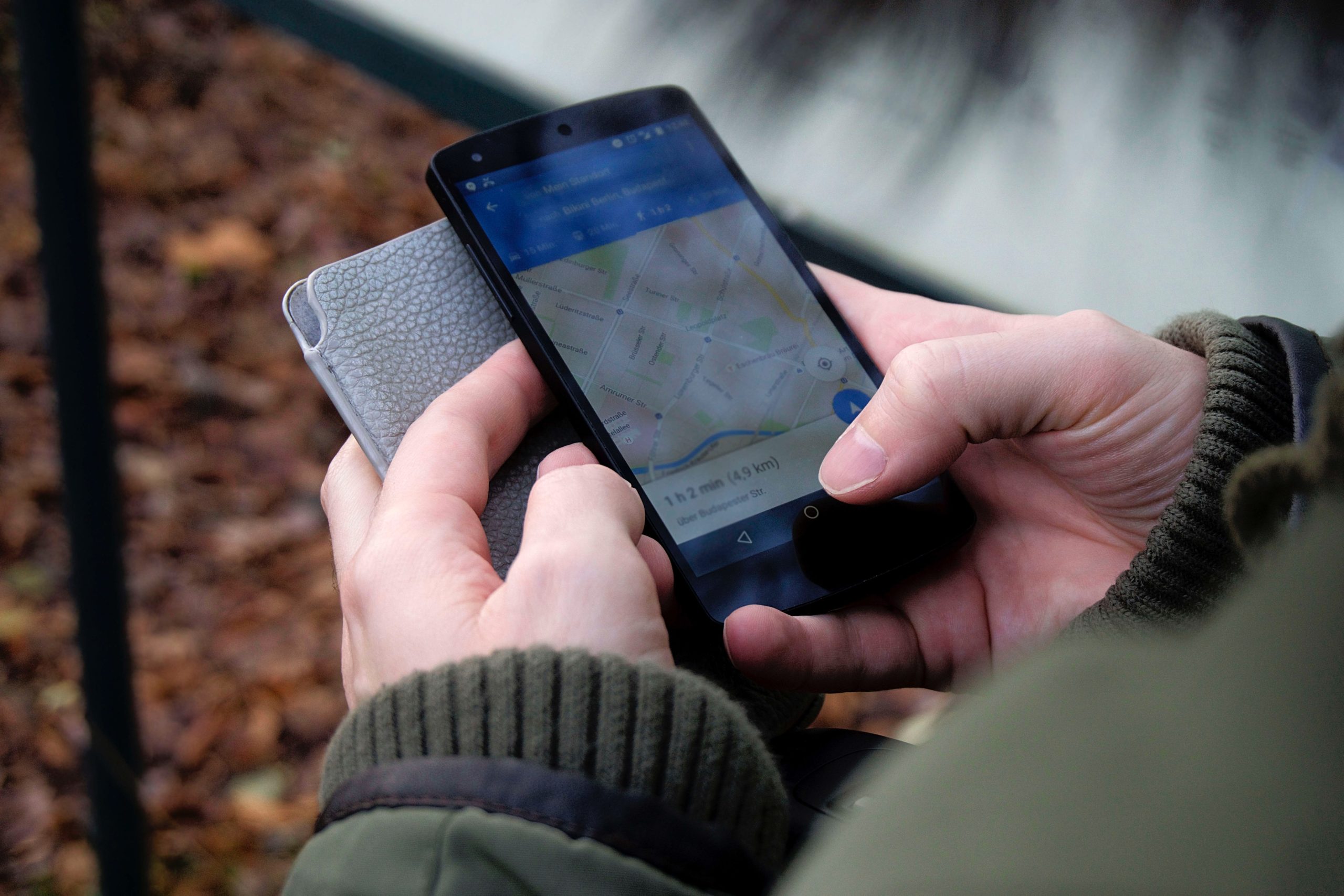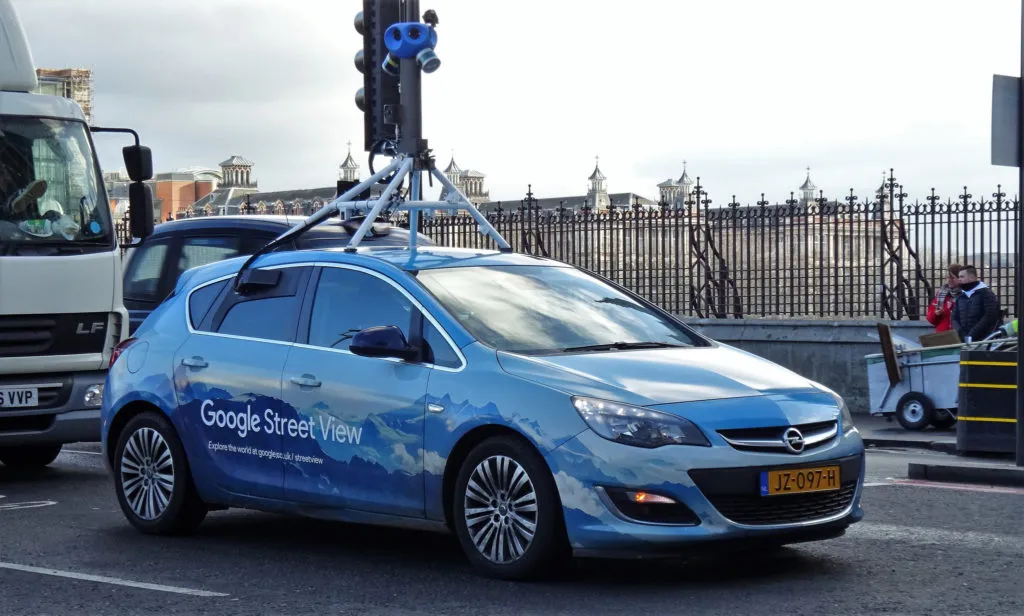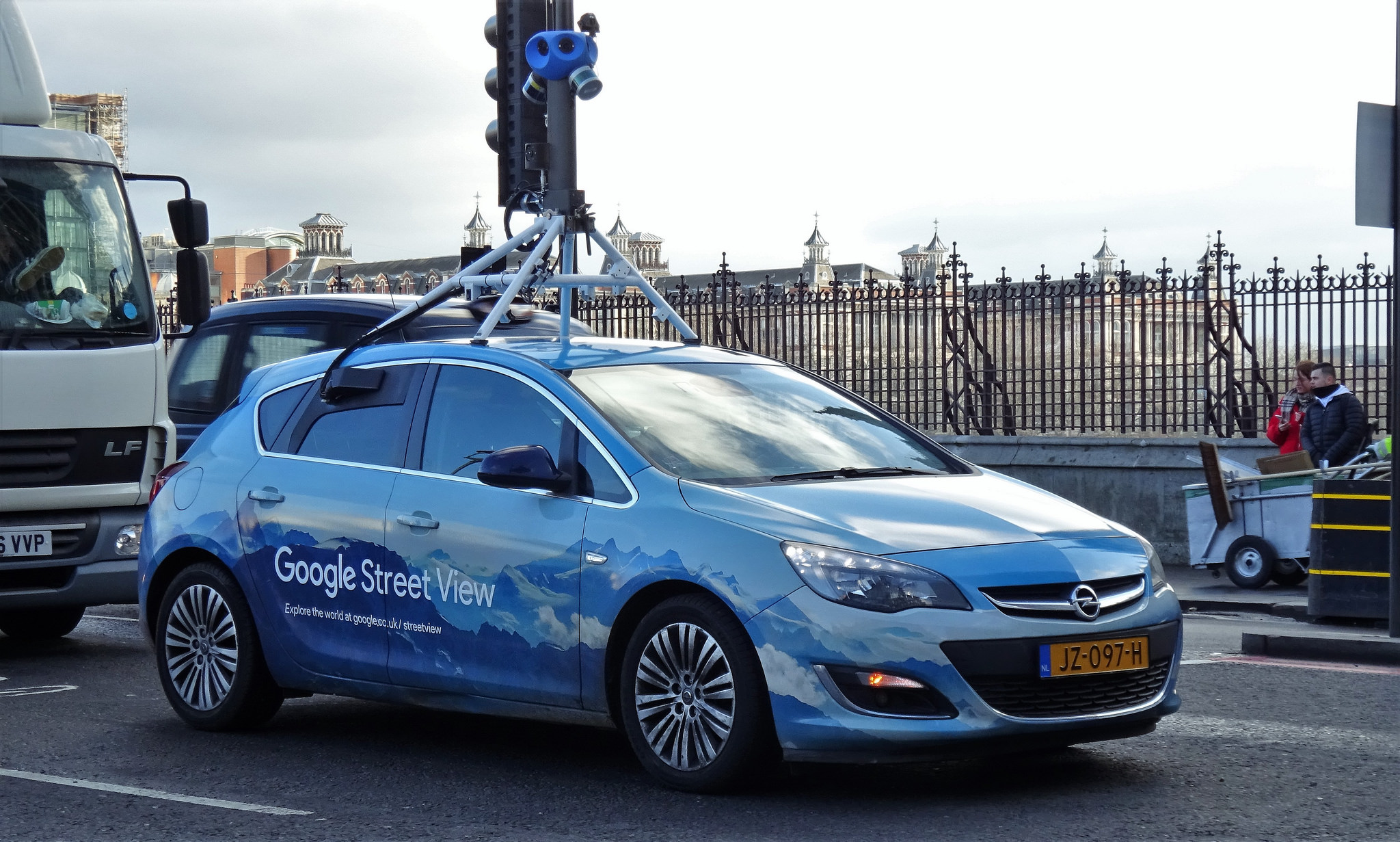
You got a warrant, officer? SC sides with location data privacy

In a major win for privacy advocates, the United States Supreme Court has ruled that police cannot ask cellular service carriers to provide a crime suspect’s phone location records without a court-approved warrant.
The decision last weekend reversed the previous conflicting rulings by two lower courts in the closely-watched Carpenter v. United States. The case goes all the way back to 2011, wherein the police pulled four months’ worth of location data – 12,898 different locations in total – to convict Timothy Carpenter in several armed robberies.
Though not as accurate as GPS, mobile carriers can always tell a user’s approximate location based on the cellphone towers they are catching a signal from. The US police routinely use this information to convict criminals. However, in its latest ruling, the Supreme Court has explicitly stated that asking for access to this data without a warrant violates the Constitution’s Fourth Amendment right which safeguards people against unreasonable searches and seizures.
Chief Justice John Roberts wrote in his ruling, “We decline to grant the state unrestricted access to a wireless carrier’s database of physical location information. In light of the deeply revealing nature of [cell-site location information], its depth, breadth, and comprehensive reach, and the inescapable and automatic nature of its collection, the fact that such information is gathered by a third party does not make it any less deserving of Fourth Amendment protection. The Government’s acquisition of the cell-site records here was a search under that Amendment.”
This means, now instead of using a suspect’s location data to tie them to a case, police will first need to find a ‘probable cause’ or evidence for their culpability – and then seek a warrant for their coordinates if they feel that would make their case stronger.
Carpenter was sentenced to serve more than 100 years in prison based on his convictions.








